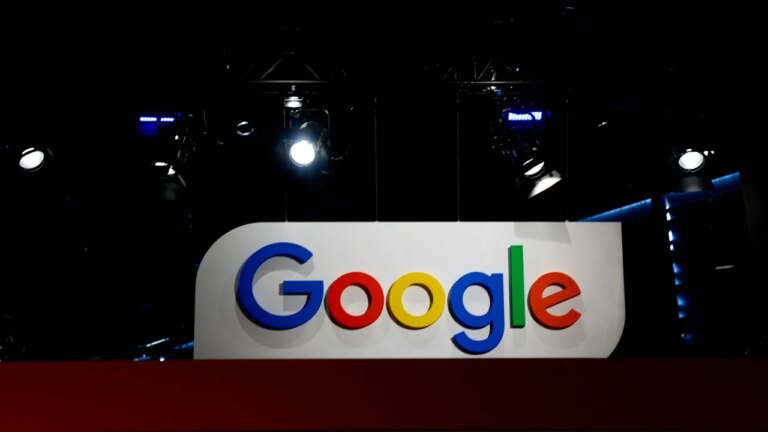Former Samsung Executive Testifies in Antitrust Trial Against Google
In a significant antitrust trial against Google, Patrick Chang, a former executive at Samsung Electronics’ venture capital arm, revealed that he encountered resistance when he proposed the installation of Branch Metrics’ software in Samsung smartphones due to pressure from Google. Chang, who worked at Samsung Next investing in innovative companies, had recommended integrating Branch, a tool that enables in-app searches, into Samsung’s Android smartphones.
Branch Metrics’ founder and former CEO, Alexander Austin, testified in late September that they had to modify their software to address Google’s concerns as they pursued partnerships with wireless carriers and smartphone manufacturers. To satisfy Google, Branch had to ensure that its in-app searches remained within the apps and did not lead to external web links.
Chang further explained that Samsung also faced opposition from wireless carriers, including AT&T, who sell Android phones.
Google’s Alleged Monopoly Tactics
Google is accused of paying $10 billion annually through revenue-sharing agreements to smartphone makers like Samsung Electronics, wireless carriers, and others. In exchange, these companies agree to make Google’s software the default option, thereby perpetuating Google’s monopoly in the realm of search.
During the trial, the U.S. Justice Department presented an August 2020 email from Samsung executive David Eun, in which he expressed concerns that “Google is clearly buying its way to squelch competitors.”
Under cross-examination by Google’s attorney, Chang was questioned about another potential reason for Samsung’s reluctance to adopt Branch. This reason was that the software might have been perceived as unwieldy, with few users engaging with the links provided by Branch.
This ongoing trial seeks to demonstrate that Google abused its monopoly in search and search advertising. Google, on the other hand, maintains that its business practices are within legal bounds.

